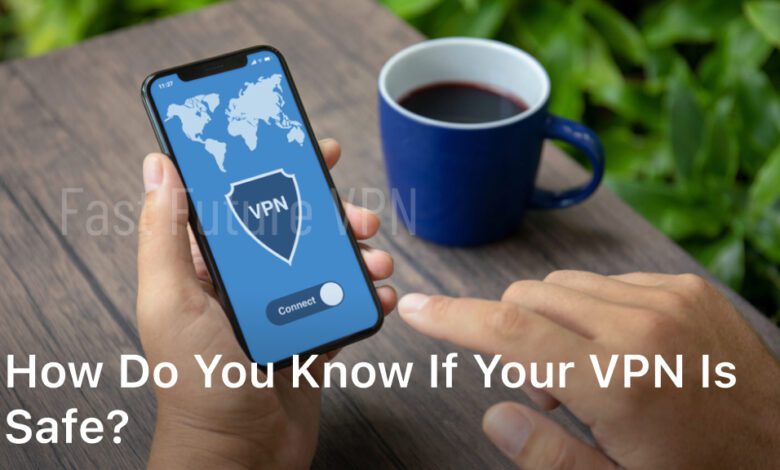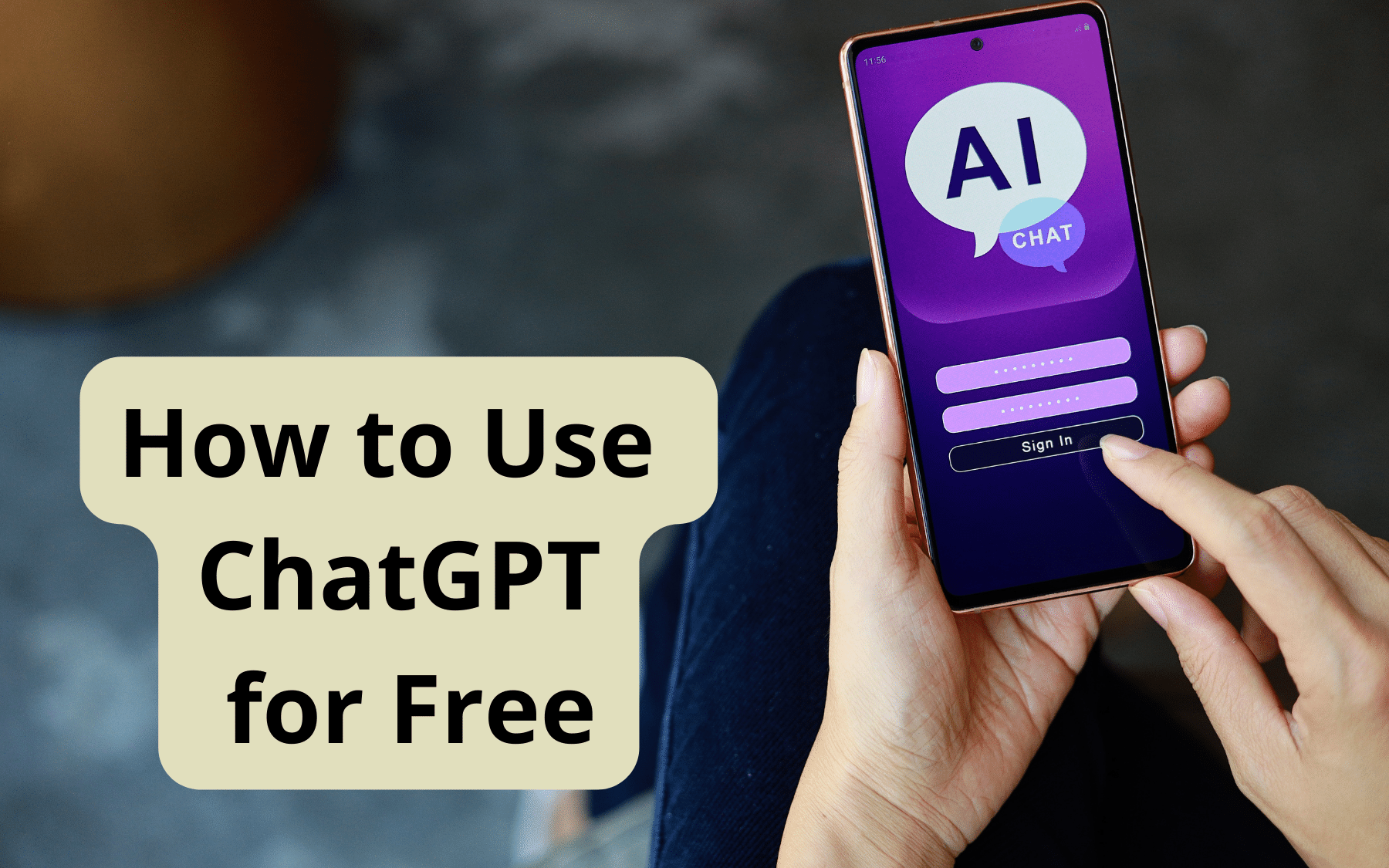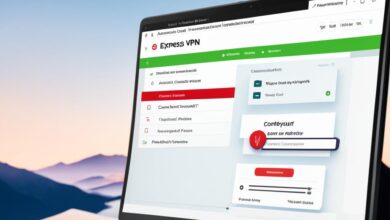
Protecting your privacy and online security has become more critical than ever before. With cyberattacks and identity theft on the rise, using a virtual private network (VPN) has become commonplace. But how do you know if your VPN is safe?
In this section, we will explore various factors that can help you determine if your VPN is secure. We will look at VPN safety, security, and how to evaluate the trustworthiness of VPN providers. You’ll learn about testing and verifying the safety of your VPN and how to protect your online privacy.
So, let’s dive in and uncover the methods to ensure your VPN keeps your online activities safe and secure.
VPN Encryption and Protocols

When it comes to ensuring the safety of your VPN, encryption and protocols are essential. VPN providers use various encryption mechanisms and protocols to safeguard your data and protect it from potential threats.
The most reliable encryption methods used by VPN providers include AES (Advanced Encryption Standard), which is a symmetric encryption algorithm, and RSA (Rivest-Shamir-Adleman), which is an asymmetric encryption algorithm. Asymmetric encryption methods are highly secure, but they can be slower than symmetric encryption methods.
In addition to encryption mechanisms, VPN providers also use various protocols to secure your VPN connection, including OpenVPN, PPTP, L2TP, and IKEv2. OpenVPN is the most popular protocol used by VPN providers, and it’s highly secure and reliable. PPTP is an older protocol that is still used by some VPN providers, but it’s less secure than newer protocols like OpenVPN. L2TP is a newer protocol that combines the security of IPSec with ease of use, and IKEv2 is a highly secure protocol that’s gaining popularity among VPN providers.
Overall, VPN encryption and protocols are critical in ensuring the security of your VPN. By choosing a provider that uses reliable encryption mechanisms and protocols, you can have peace of mind knowing that your data is safe and secure.
Trustworthiness of VPN Providers
Choosing a VPN provider that you can trust is crucial in ensuring your online privacy and security. To determine the trustworthiness of a VPN provider, consider the following factors:
Privacy policies
A reliable VPN provider will have a clear and concise privacy policy that outlines how they collect and use your data. Make sure to read the policy carefully and ensure that they do not log or share your personal information with third parties.
Company reputation
Research the VPN provider’s reputation online and read reviews from reputable sources. Look for user comments on forums and social media to gain insight into the experiences of others who have used the service. A trustworthy VPN provider will have a positive reputation among its users.
Independent audits
Another way to evaluate a VPN provider’s trustworthiness is to look for independent audit reports. These audits are conducted by third-party organizations to verify the provider’s claims of security and privacy. If a VPN provider has successfully completed an independent audit, it is a good indication that they take their users’ online safety seriously.
Vulnerabilities and Potential Risks
While using a VPN provides an additional layer of security, it is not entirely foolproof. VPNs can have vulnerabilities that can compromise the safety of your online activities. One common vulnerability is DNS leaks, which can reveal your browsing history and IP address even while connected to a VPN. IP address leaks are another issue that can expose your online identity and real location. Additionally, some VPNs can be infected with malware, which can lead to data breaches and compromises.
It is crucial to use a reliable VPN service that employs robust security measures to mitigate these risks. Look for VPNs that provide DNS leak protection, as well as a kill switch feature that immediately shuts down the internet connection in case of a VPN failure. Also, ensure that the VPN provider regularly updates its software and implements the latest encryption protocols to keep your data safe and secure.
Regularly monitoring and testing your VPN for potential vulnerabilities is also essential. Check for signs of DNS and IP address leaks using online leak detection tools. Be wary of suspicious software downloads or unknown email attachments, and always keep your antivirus software up to date. By taking these measures, you can reduce the chances of encountering VPN vulnerabilities and ensure that your online activities remain private and secure.
Testing and Checking VPN Safety
Now that you’ve learned about the importance of VPN safety and security, you might be wondering whether your VPN is truly safe to use. Fortunately, there are several practical steps you can take to test and verify your VPN’s safety.
Check for IP and DNS Leaks
One of the most common vulnerabilities of VPN providers is IP and DNS leaks. These leaks can compromise your online privacy and allow third parties to trace your online activities. To check for leaks, you can use online tools like IPLeak.net and DNSLeakTest.com, or download dedicated VPN leak testing apps like IPVanish Leak Test and ExpressVPN Leak Test.
Assess Overall VPN Performance and Security
In addition to checking for leaks, you should also assess the overall performance and security of your VPN connection. Make sure that your VPN provider offers robust encryption and secure protocols, such as OpenVPN or IKEv2. Check for features like a kill switch and split-tunneling, which can enhance your VPN’s security and performance.
By taking these steps, you can ensure that your VPN is safe to use and protect your online privacy from potential vulnerabilities.
Conclusion
At the end of the day, your online privacy and security are of utmost importance. Ensuring your VPN is safe to use is a vital step in protecting yourself from potential cyber threats. By considering factors such as encryption, trustworthiness, and vulnerability testing, you can be confident that your VPN connection is secure.
It is also essential to stay vigilant and make informed decisions when choosing a VPN provider. Be wary of overly cheap or free VPN services, and always read the privacy policies and terms of use before signing up.
With the right knowledge and tools, you can safeguard your online activities and enjoy peace of mind while browsing the internet. So, prioritize VPN safety and security and stay safe in the online world.
Thank you for reading, and don’t hesitate to reach out if you have any further questions regarding VPN safety and security.
FAQ
How can I determine if my VPN is safe to use?
To determine if your VPN is safe, you should consider several factors. Firstly, check if your VPN provider uses strong encryption protocols, such as AES-256. Additionally, research the VPN provider’s privacy policy to ensure they have a strict no-logs policy. Look for VPNs that have undergone independent audits and have a good reputation in the industry for being trustworthy.
What is VPN encryption, and why is it important for security?
VPN encryption is the process of encoding your data to make it secure and indecipherable to unauthorized users. Encryption ensures that your online activities, such as browsing history and personal information, are protected from potential threats. It is vital to choose a VPN that offers strong encryption algorithms, such as OpenVPN or WireGuard, to ensure the highest level of security.
What are VPN protocols, and how do they contribute to VPN security?
VPN protocols are the sets of rules and procedures used to establish and maintain secure connections within a VPN network. Different protocols offer various levels of security, speed, and compatibility. Popular VPN protocols include OpenVPN, IPSec, L2TP/IPSec, and WireGuard. It is recommended to use the most secure and up-to-date protocol supported by your VPN provider.
How can I determine if a VPN provider is trustworthy?
To determine the trustworthiness of a VPN provider, consider their privacy policy. Look for VPNs with a clear and transparent no-logs policy, meaning they do not collect or store any user data. Research the company’s reputation and check if they have undergone any independent security audits. Additionally, reading reviews and testimonials from other users can provide insights into the trustworthiness of a VPN provider.
What are the potential vulnerabilities and risks associated with using a VPN?
While VPNs offer enhanced security, there are still potential vulnerabilities and risks to be aware of. Common issues include DNS leaks, where your DNS requests are exposed, and IP address leaks, where your real IP address is unintentionally revealed. Furthermore, some VPNs may contain vulnerabilities that could be exploited by hackers or malware. It is important to regularly update your VPN software and devices to mitigate these risks.
How can I test and check the safety of my VPN?
There are several steps you can take to test and check the safety of your VPN. Firstly, you can perform IP and DNS leak tests using online tools to ensure your VPN is not leaking any sensitive information. You can also assess the overall performance of your VPN by checking its speed, stability, and ease of use. Additionally, stay informed about any security vulnerabilities or updates related to your VPN provider.




